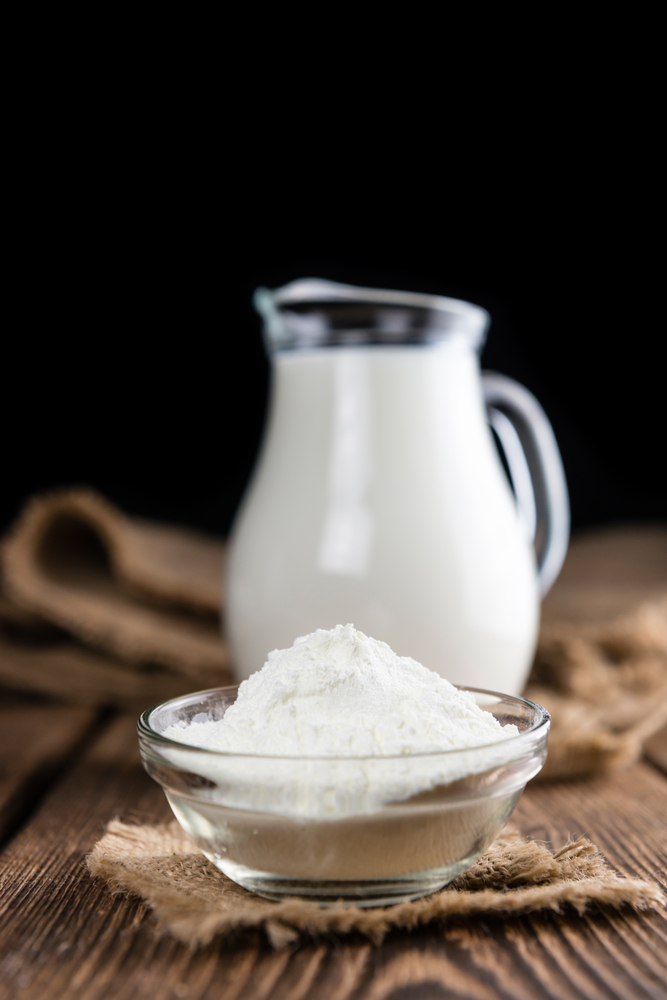
Whey Protein and Lactose Intolerance
Whey protein products are quite possibly the most popular sports supplement on the market today. Whey protein is simply the bi-product you get when making cheese. Once you remove water and casein content from this bi-product, you are left with whey protein concentrate. Whey protein is lauded by athletes and bodybuilders for the vast array of training and physique benefits it can provide.
Whey protein is likely safe and effective for most adults. Because whey protein contains small amounts of lactose, it can sometimes trigger the side effects associated with lactose intolerance. These include increased bowel movements, nausea, bloating, diarrhoea and reduced appetite.
Whey Protein & Lactose Intolerance
Lactose intolerance is a common digestive problem where the body is unable to digest lactose. Lactose is a type of sugar, found in milk and dairy products. In the body it is broken down by an enzyme called lactase. In cases of lactose intolerance, the body does not produce enough lactase meaning lactose is not fully digested. Lactose intolerance generally manifests as abdominal pain, gas and diarrhoea following ingestion of dairy sources such as whey protein. Most people with lactose intolerance can still consume small amounts of lactose with no ill-effects. There are therefore several options available to those looking for a quality protein intake, but trying to avoid the symptoms of lactose intolerance.
Using Whey Protein Isolate for Lactose Intolerance
The first choice for those looking to avoid the symptoms of lactose intolerance is to take a whey protein isolate such as our Whey Protein Isolate 90. Whey protein isolate undergoes a process called Cross-Flow Micro-filtration. This separates the protein from fat, cholesterol and lactose meaning a purer protein as the end product. Whey protein isolate contains less lactose than most other proteins on the market. It is therefore a common choice for those looking to avoid high levels of lactose and the symptoms of lactose intolerance. Although whey protein concentrate is already considered low in lactose, whey protein isolate is considered even lower because of this additional manufacturing process.
Non Dairy Alternatives to Whey Protein
Although whey protein remains the common choice for most, non-dairy proteins are gaining popularity. Non dairy proteins provide the same benefits and hold an almost identical amino profile to that of whey protein. Non-dairy proteins are often the choice for those looking to avoid dairy based proteins, such as whey protein. Those suffering from lactose intolerance, or avoiding whey protein for other reasons, could consider the following:
– Soy protein: A vegetable protein that most closely resembles the amino profile of whey protein. Often considered the most effective whey protein alternative and is widely used by vegetarian or vegan athletes.
– Pea protein: A 100% natural vegetable protein source made from concentrated protein fractions of golden peas. Pea protein maintains an excellent branched chain amino acid profile, close to that of whey protein.
– Hemp protein: “Nature’s all-in-one”. An extremely nutrient dense protein source made from hemp with high levels of zinc, magnesium, iron, potassium and essential fatty acids.
– Brown rice protein: Some athletes actually prefer this type of protein because of the additional nutrients found within it. These include high levels of certain B vitamins, a good amino acid profile and high fibre content.






No Comments yet!